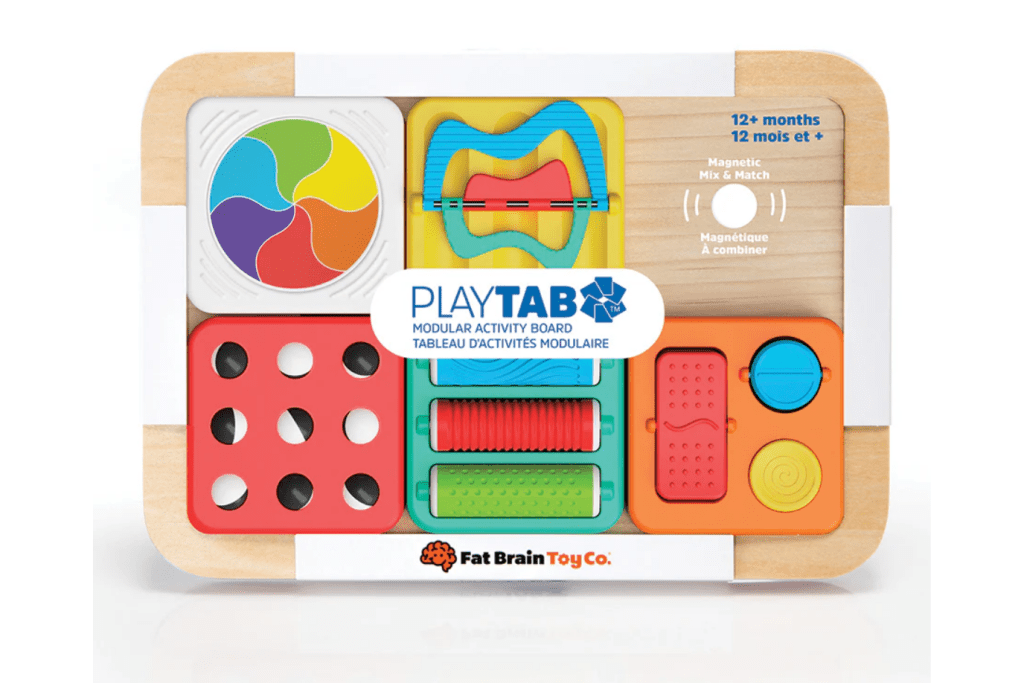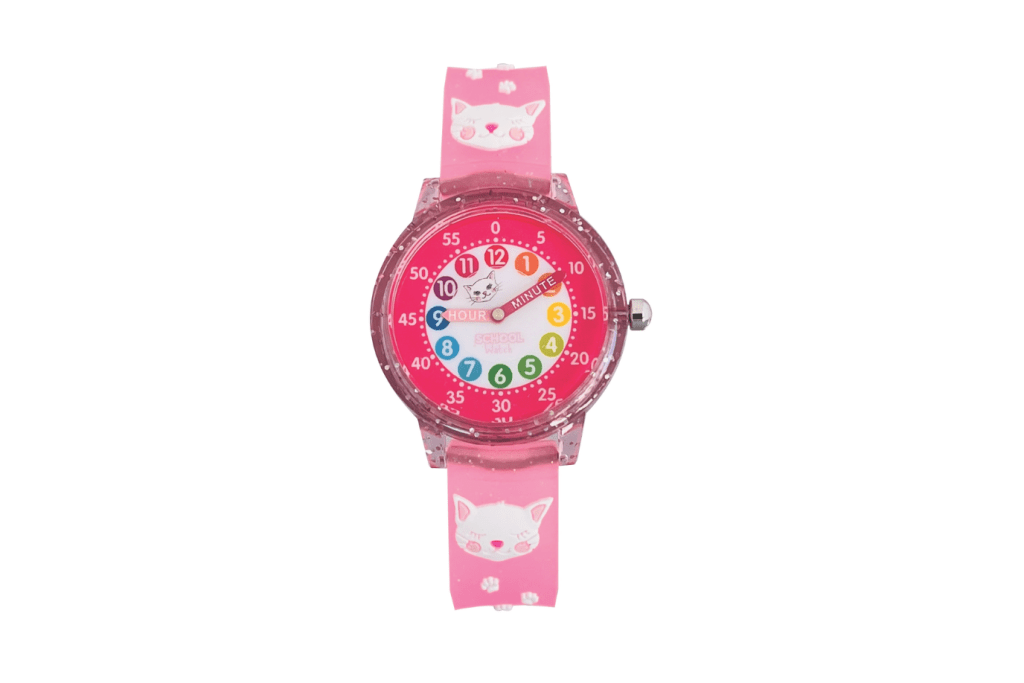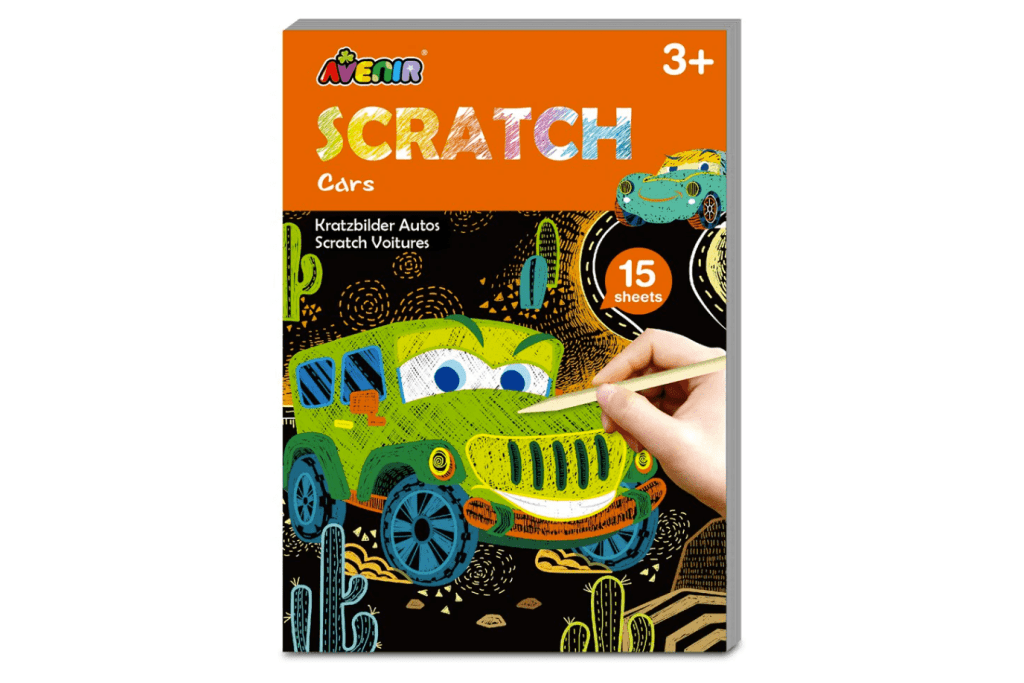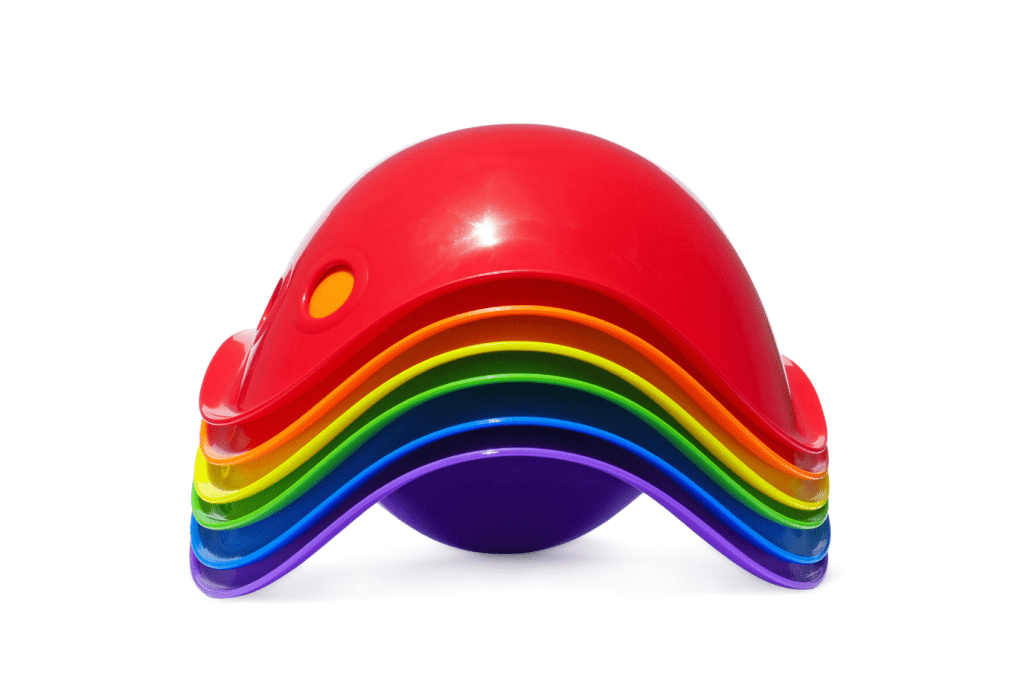Menu
-
- Valentine's Gifts
- Lunar New Year Gifts
-
Shop Gifts By Age
- Gifts For a 0-6 Month Old
- Gifts For A 6-12 Month Old
- Gifts For A One Year Old
- Gifts For A Two Year Old
- Gifts For A Three Year Old
- Gifts For A Four Year Old
- Gifts For A Five Year Old
- Gifts For A Six Year Old
- Gifts For A Seven Year Old
- Gifts For An Eight Year Old
- Gifts For A Nine Year Old
- Gifts For A Ten Year Old
-
Shop Gifts By Budget
- New Arrivals
-
Toys
- Large Active Toys
- Animal Toys
- Arts & Crafts
- Award-Winning Toys
- Bath Toys
- Birthday Wishlists
- Building Toys
- Cars, Trains, & Trucks
- Games
- Instruments
- Loose Parts Play
- Loot Bag Toys
- Made in Canada
- Outdoor Toys
- Pretend Play
- Puzzles
- Sensory And Fidget Toys
- Sensory Bin Tools & Fillers
- STEM Toys & Activities
- Toronto-Themed Gifts
- Travel Toys
- Wooden Toys
- Waiting Room Toys & Furniture
-
Montessori Materials
- Montessori At-Home Program
-
Montessori Furniture
-
Bundles & Sales
-
Books
-
Shop By Age
-
Shop By Brand
-
Brands A-F
- 3 Sprouts
- 4M
- Ark Therapeutic
- Avenir
- B. Toys
- Bamboo Switch
- Beleduc
- Bob Books
- Brio
- bug + bean
- Carpets for Kids
- Cherrypick
- Children's Factory
- CJECOPLAY
- Clixo
- Connetix Tiles
- Crayola
- Creativity For Kids
- Crocodile Creek
- DJECO
- Educare
- Educational Insights
- Educo
- eeBoo
- Erzi
- ezpz
- Fat Brain Toys
- Fidget Company
- Foundations
- Brands G-L
- Brands M-R
- Brands S-Z
-
Brands A-F
-
- 866-901-4696
- Gift Registry
- Login

7 Ways To Manage A Child That Frequently Interrupts
3 min read

It can be frustrating when a child (or really anyone) interrupts you.
Those times when you're just trying to wrap up a phone call or finalize plans with your partner while your child's in the background shouting:
"mom, mom, hey mom, mom, mom, mommy, moooom, moooooooom" can be some of the most frustrating moments of parenthood.
You can swap out mom for dad (and daaaaaaad) too, of course :)
How to Manage a Child Who Frequently Interrupts
Like most Montessori parenting advice, this is not a quick fix solution. Patience and impulse control are part of developing social skills. They can be taught but it's not behaviour you can change overnight.
And the process requires 3 things from you:
- A lot of patience
- A ton of consistency
- Time
But with practice, your child will get there.
7 Ways To Stop Your Child From Interrupting
Here's how to guide your child towards a more patient and gentle approach to getting your attention:
1. Don’t shame.
Remember, this is a skill that has to be learned. Instead of shame or frustration, praise your child when you observe that they controlled themselves and didn’t interrupt - "Wow! You waited for me to finish my work before showing me your picture. That was so helpful!"
2. Fill up their cup.
When a child frequently interrupts, they aren’t trying to be rude, they’re looking for attention.
Examine the context of your child's interruptions - did they just come home from school and you're on the phone? Have you been distracted with work or cleaning all afternoon? No shame, it just might give you insight into why your child is pushing for attention.
Even if you've been around your child all day, try to set aside time when you give them your full, undivided attention - get down on their level, make eye contact, show interest in what they're working on, practice 'serve and return'.
3. Teach them to politely get your attention.
In a Montessori classroom, if a child needs something from the teacher, they are taught to walk over to the teacher.
Then, in the toddler classroom, children stand next to the teacher.
In the Casa classroom (3-6 year olds), children put their hand on the teacher’s shoulder to indicate they are waiting for attention. The teacher touches the child’s hand to acknowledge their presence and the child waits for the teacher to be finished.
You can implement the same ideas at home or come up with something different that works for your family, like a special hand signal or gesture.
4. Be a role model.
Don’t interrupt your child when they’re concentrating or talking to someone else.
If your child is focused on an activity, a timer works well to let them know when it's time to transition to something else, like a meal, but this way you don’t have to interrupt them with regular reminders.
You can set the timer before a new activity begins and let them know it's time to eat when the timer goes off.
5. Practice turn-taking.
This will help your child to understand how conversations work, first it's my turn to talk and then your turn to talk. Board games are a great way to introduce turn-taking.
6. Help them understand.
Emphasize to your child that you always want to hear what they have to say but that sometimes you’re busy. If you’re busy, let them know when you'll be free to help them.
7. Don’t respond immediately when they interrupt.
This will help your child learn how to wait. Don’t make them wait long (the amount of time will depend on the age of your child, younger child = less time) but it’s okay to make them briefly wait.
Once you’re ready to acknowledge them, say something like "I was just talking to daddy but now I’m finished. How can I help you?"
Just Know This is Normal
Like many of the behaviours we've talked about in the newsletter email, this is also developmentally normal and will get better over time. The best thing you can do is start practicing the steps above when your child is younger.
The more practice they get, the sooner they will be able to politely get your attention.
Join Our Montessori Community
Sign up to get weekly activities, free printables, Montessori parenting guidance, and so much more.
Plus, get $10 off your first order of $100+.
Like this article? Get new articles, weekly activities, free printables, Montessori parenting guidance, and so much more.
One mom recently shared:
"Your newsletter is always SO great. It is one of the few I open and read weekly. You provide so much value. Thank you!"









![Kidamento Kidamento Children's Cameras [3 Models]](http://themontessoriroom.com/cdn/shop/products/kidamento-childrens-cameras-3-models-661353_1600x.png?v=1699075281)
